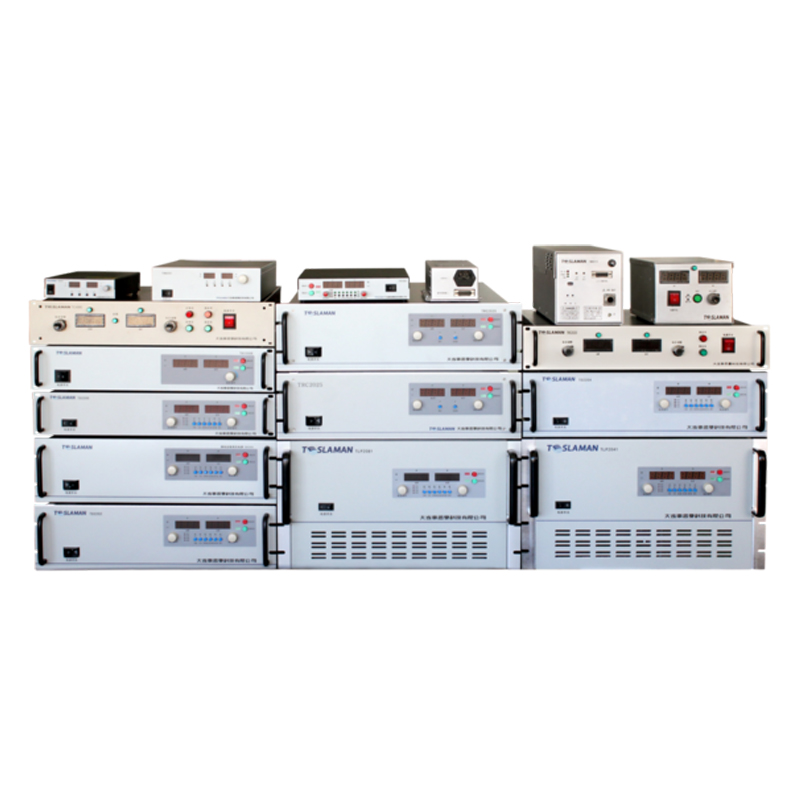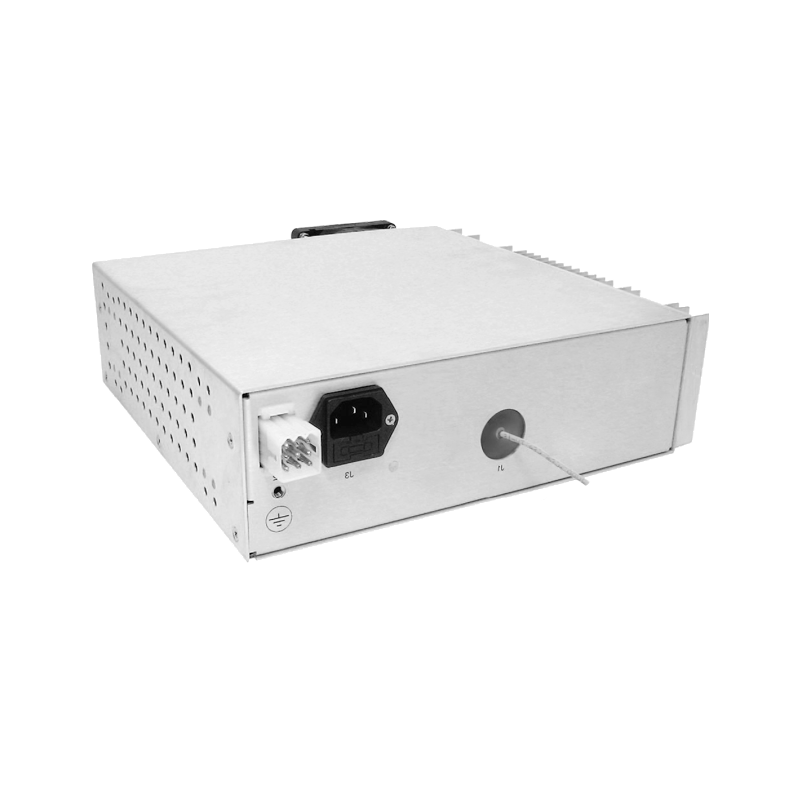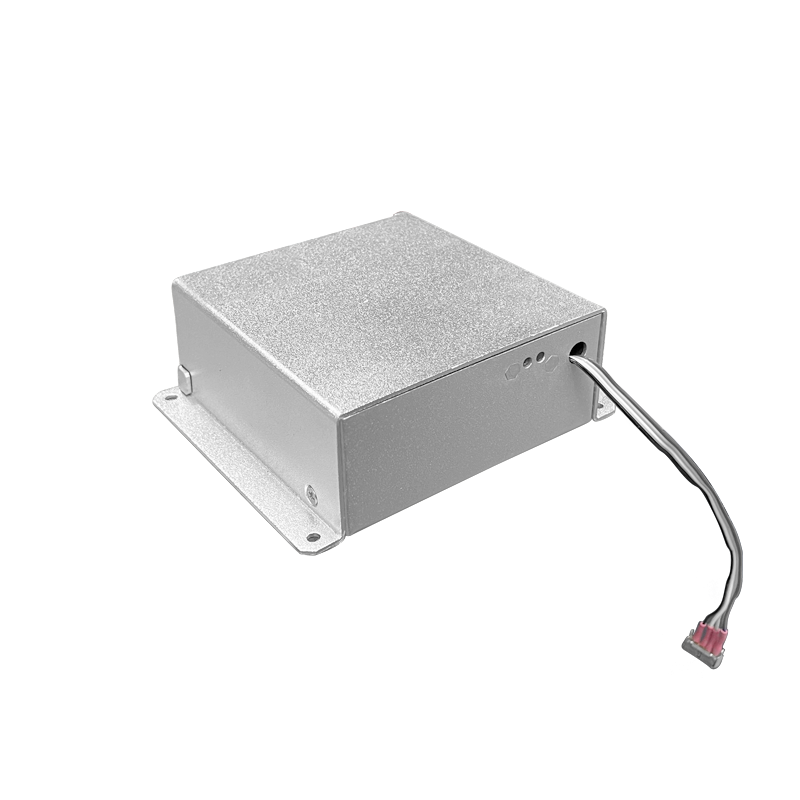Adaptability of Coating High-Voltage Power Supplies to Coating Materials
In the field of material surface treatment, coating technology is widely used in industries such as aerospace, electronics, and optics due to its numerous advantages, including improving material surface properties, enhancing wear resistance, corrosion resistance, and decorative effects. The coating high-voltage power supply, as a crucial device in the coating process, its adaptability to coating materials directly affects the coating quality and production efficiency.
Different coating materials possess diverse physical and chemical properties, which requires coating high-voltage power supplies to have a high degree of adaptability. For example, metal coating materials such as gold, silver, and copper have good electrical conductivity. During the coating process, the power supply needs to precisely control the current and voltage to ensure that metal ions are evenly deposited on the surface of the substrate material. For some semiconductor coating materials like silicon and germanium, their electrical properties are extremely sensitive to coating conditions. The coating high-voltage power supply not only needs to provide a stable voltage output but also be able to flexibly adjust the pulse width and frequency to meet the special energy requirements of semiconductor materials at different growth stages, thus ensuring that the crystal structure and electrical properties of the coating layer meet the requirements.
Organic coating materials, due to their complex molecular structures, are easily affected by factors such as temperature and electric field strength during coating. The coating high-voltage power supply needs to accurately regulate the output power to avoid decomposition or carbonization of organic materials caused by local overheating or excessive electric fields, which would otherwise affect the coating quality. Meanwhile, for some ceramic coating materials, due to their high melting points and low electrical conductivity, the power supply needs to provide a sufficiently high voltage to initiate the ionization process and ensure stable operation in high-temperature and high-voltage environments.
To achieve good adaptability to various coating materials, coating high-voltage power supplies adopt a series of advanced technologies in their design. On one hand, an intelligent control system is employed. By real-time monitoring of various parameters during the coating process, such as current, voltage, and temperature, the power supply automatically adjusts its output characteristics to meet the changing needs of different coating materials. For example, using a feedback control algorithm, when a change in the resistance of the coating material is detected, the power supply can quickly adjust the output voltage to maintain a stable coating current. On the other hand, the circuit topology of the power supply is optimized to improve the response speed and stability of the power supply. The use of high-frequency switching power supply technology not only reduces the size and weight of the power supply but also enables rapid voltage conversion, better meeting the dynamic performance requirements of the power supply during the coating process.
In practical applications, the adaptability of coating high-voltage power supplies to coating materials is also reflected in their scalability. Through modular design, the power supply can be easily upgraded in functionality and adjusted in parameters to adapt to new coating materials and process requirements. For example, when a new type of coating material is introduced, specific control modules can be added or software algorithms can be adjusted to enable the power supply to quickly adapt to the coating needs of the new material.
In conclusion, the adaptability of coating high-voltage power supplies to coating materials is a key factor in ensuring coating quality and production efficiency. By continuously optimizing the power supply design, adopting advanced technologies, and improving scalability, coating high-voltage power supplies can better meet the increasingly diverse needs of coating materials, promoting the widespread application and development of coating technology in various fields.




















